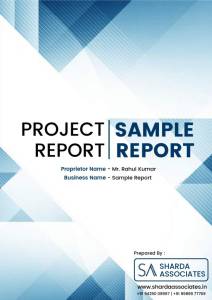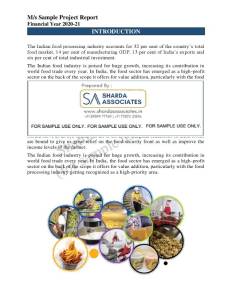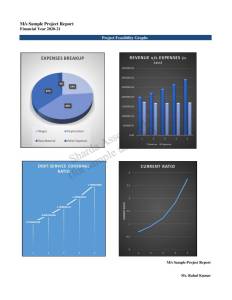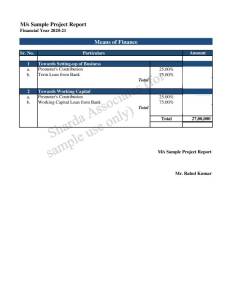Project Report For Edible oil
Introduction
Project report for Edible oil is as follow
Edible oil refers to any plant, animal or synthetic oil that is suitable for human consumption. These oils are used in a variety of cooking processes, including frying, baking, sautéing, and salad dressings.
Edible oils are an important part of human diet, providing essential nutrients and fatty acids that are necessary for maintaining good health.
There are several types of edible oils available in the market. Vegetable oils, such as soybean, canola, sunflower, palm and olive oil, are the most commonly used edible oils.
These oils are extracted from various parts of plants and have different nutritional profiles. For instance, olive oil is a rich source of monounsaturated fatty acids, while sunflower oil is high in polyunsaturated fatty acids.
Animal-based edible oils, such as butter, ghee, and lard, are also used in cooking. These oils are rich in saturated fats and are typically used in small amounts due to their high calorie content.
Synthetic edible oils, such as margarine and shortening, are made from vegetable oils that have been chemically processed to become solid at room temperature. These oils are commonly used in baking and frying because they have a longer shelf life than natural oils.
Edible oils provide essential fatty acids and nutrients, including omega-3 and omega-6 fatty acids, which are important for brain function and cardiovascular health.
However, it is important to use these oils in moderation, as excessive consumption can lead to weight gain and other health problems.
Additionally, some edible oils may contain trans fats or other harmful compounds, so it is important to choose oils that are low in these substances.
Market Potential Of Edible Oil
The global edible oil market size is expected to reach USD 130.3 billion by 2027, growing at a CAGR of 3.9% during the forecast period. Edible oils are used in a variety of applications, including cooking, baking, frying, and as ingredients in various processed foods.
The growing demand for convenience foods and the increasing awareness of the health benefits of consuming edible oils are driving market growth.
In terms of type, the vegetable oil segment dominates the market, accounting for the largest share in terms of revenue. This is due to the high availability of vegetable oils and their lower cost compared to other types of edible oils.
One of the primary drivers of the edible oil market is the increasing demand for healthy oils. Consumers are becoming more health-conscious and are looking for oils that are low in saturated fat, high in unsaturated fat, and free from harmful additives.
This has led to a rise in demand for oils such as olive oil, canola oil, and avocado oil, which are considered to be healthier options.
Another factor contributing to the growth of the edible oil market is the increasing population and changing dietary habits. As the population grows, so does the demand for food, including edible oil.
Furthermore, as incomes rise and people become more urbanized, their diets tend to become more diverse, and they consume more processed foods that require edible oil as an ingredient.
However, the demand for healthier alternatives like olive oil and coconut oil is also increasing, particularly in developed countries where consumers are more health-conscious.
The Asia Pacific region is the largest market for edible oils, followed by North America and Europe. The high population density and the growing demand for convenience foods in developing countries like India and China are driving market growth in the region.
The major players operating in the global edible oil market include Cargill, Incorporated, Archer Daniels Midland Company, Wilmar International Limited, Bunge Limited, Conagra Brands, Inc., and Associated British Foods plc.
These players are adopting various strategies such as mergers and acquisitions, product innovation, and expansion to gain a competitive edge in the market.
Project Report Sample On Edible Oil
Need Help?
Create 100% Bankable Project Report





